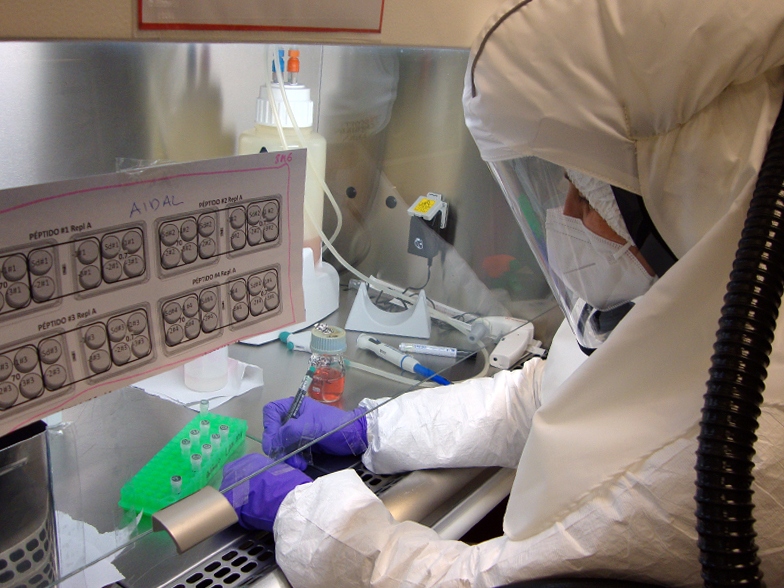releases the active ingredient in a controlled manner

A group of Andalusian scientists led by the Institute of Biosanitary Research of Granada (ibs.GRANADA) and the University of Granada (UGR) developed a new nanodrug that is more effective in fighting cancer cells. This nanomedicine more effectively carries over conventional anti-cancer treatments by more precisely targeting tumor cells thanks to a specific antibody. Additionally, because it contains magnetic material, it opens up the possibility of using heat (hyperthermia) in the future as an adjunctive treatment system for cancer.

Colon cancer is very common in our population and represents a major public health problem with high healthcare costs. Despite advances in diagnosis and treatment in recent years, Colon cancer in advanced stages (with metastases) still requires new treatments to improve prognosis and quality of life of patients. The search for more effective and specific treatments opens up new research opportunities to expand therapeutic tools against this type of cancer.
Research carried out by a multidisciplinary team collaborating with the A01-Applied Technologies in Oncology and Gene Therapy group of ibs.GRANADA and the Center for Biomedical Research (CIBM), led by doctors José Carlos Prados and Consolacion Melguiso and the group of Dr. Concepcion Jiménez López from the Department of Microbiology of the UGR, try address the lack of specificity of traditional chemotherapy for cancer in general and colon cancer in particular.
Lack of specificity represents one of the major limitations in patient care. The resulting nanodrug behaves like a system that releases medication in a controlled manner and allows treatment to be focused as it is targeted by specific molecules to tumor cells. Specifically, the membrane receptor leucine-rich repeat containing receptor 5 (LGR5), a colorectal cancer biomarker that is associated with treatment resistance and metastasis, was used.
The results of this study, carried out in recent years with the support of projects funded by the Carlos III Institute of Health, show that the nanomedicine is more effective than traditional treatments for various colorectal cancer cell lines. The nanodrug not only has greater antitumor activity, but also penetrates cancer cells more effectively. In addition, studies conducted on experimental animals have demonstrated a high level of biocompatibility, suggesting the possibility of its use in humans.
It must be emphasized that the composition of new nanopreparations has the ability to generate heat under certain conditions. This increase in temperature can be a very effective therapeutic tool that can help destroy tumor cells. Trials to date have been very satisfactory, although more research will be needed to evaluate its possible use in humans.
The results of this work were published in the prestigious journal in the field of pharmacology and nanomedicine “Int J Nanomedicine”, authored by Ana Cepero, Monica Jimenez-Carretero, Ilenia Jabalera, Lydia Gago, Cristina Luque, Laura Cabeza, Consolacion Melguizo, Concepcion Jimenez-Lopez, Jose Prados.